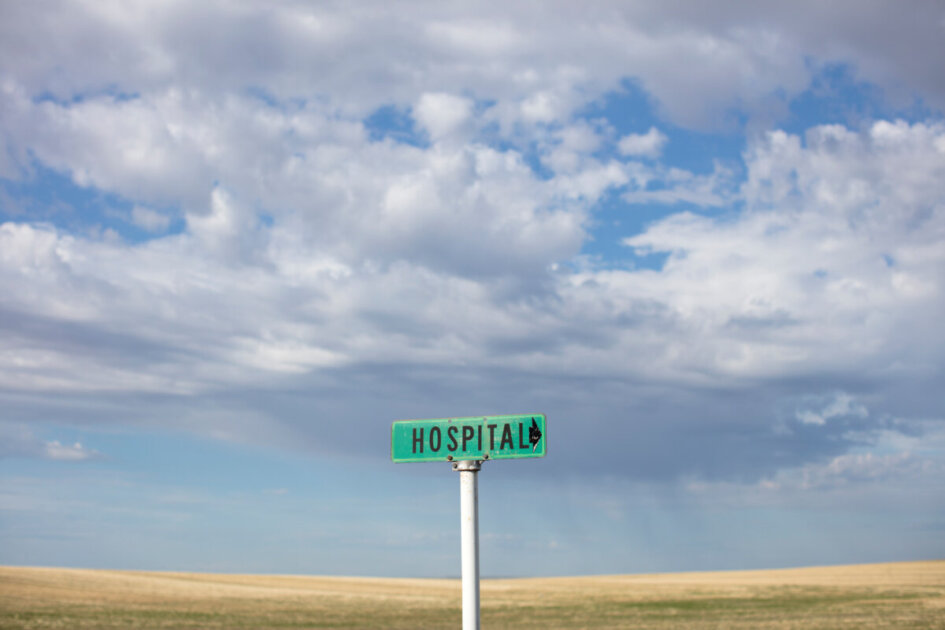Alabama’s rural healthcare system faces many challenges, including limited access to medical services, workforce shortages, and financial instability among community hospitals. Implementing a Rural Health Tax Credit, as proposed in Alabama House Bill 86 (HB86), would provide essential support to these hospitals and enhance their ability to serve their communities.
Current Challenges in Alabama’s Rural Healthcare
Rural hospitals in Alabama face numerous obstacles that could compromise their ability to deliver quality care.
- Limited Access to Care: Most of Alabama’s population resides in rural areas with inadequate healthcare services, mainly specialty services like maternity care, emergency care, and surgery centers. Out of Alabama’s 67 counties, 62 are designated as Health Professional Shortage Areas for primary care, and 66 counties face shortages in mental health professionals. 23 counties are defined as maternity deserts, lacking obstetric services or obstetricians available, while another 18 counties are classified as places with low access to maternity care. The availability of the services forces residents to travel long distances for medical attention often delaying necessary care and worsening health issues.
- Financial Instability of Rural Hospitals: Since 2011, Alabama has witnessed the closure of 13 hospitals, seven of which were in rural areas. Currently, 88% of the remaining rural hospitals are operating at a loss, primarily due to high rates of uninsured patients and low reimbursement rates, with 19 hospitals at immediate risk of closure. This financial strain threatens the sustainability of these essential healthcare providers.
Overview of Alabama House Bill 86
Introduced by Representative Terri Collins on January 24, 2025, HB86 seeks to establish the Rural Hospital Investment Program. The primary objective of this program is to generate additional funds for eligible rural general acute care, critical access, and rural emergency hospitals to strengthen their financial viability. The bill proposes incentivizing donations to these hospitals by creating a tax credit for individuals and entities to offset their state income, excise, premium, and utility tax liabilities. Qualifying hospitals would use these donations to pay for the delivery of acute care services to rural populations served by the hospitals. These funds may be used for direct care and operational expenses, including expenditures to maintain or upgrade facilities.
Anticipated Benefits of HB86
Implementing the tax credits proposed in HB86 is expected to provide several advantages:
- Enhanced Financial Support: By incentivizing donations, rural hospitals can secure additional funding to support direct patient care, operational expenses, and facility improvements, strengthening their financial foundation. Georgia’s similar initiative, the Georgia HEART Tax Credit Program, has generated over $432 million in donations to eligible rural hospitals since 2017.
- Improved Access to Care: Increased funding would enable rural hospitals to expand services, reduce patient travel times, and address critical shortages in healthcare providers, leading to earlier interventions and better health outcomes for rural residents.
- Economic Development: Strengthening rural hospitals can stimulate local economies by creating jobs and attracting healthcare professionals to underserved areas, ultimately enhancing the well-being of rural communities. Alabama hospitals contribute $19.1 billion to the state’s economy each year, with rural hospitals accounting for nearly $650 million in payroll and benefits alone. Additionally, a single primary care physician in a rural community can generate up to 23 jobs and $1 million in wages, salaries, and benefits annually.
Your Voice Matters – Help us protect our Rural Hospitals
The proposed Rural Health Tax Credit under Alabama House Bill 86 presents an opportunity to address the pressing challenges rural community hospitals face. Together, we can enhance healthcare access, improve patient outcomes, and foster economic growth in Alabama’s rural counties. Reach out to your representative today to share your support of HB86!
Click the link to view proposed House Bill 86 https://alison.legislature.state.al.us/files/pdf/SearchableInstruments/2025RS/HB86-int.pdf
Find your Representative: https://alison.legislature.state.al.us/house-of-representatives-sublanding
Resources:
Center for Healthcare Quality & Payment Reform: Rural Hospitals at Risk of Closing https://chqpr.org/downloads/Rural_Hospitals_at_Risk_of_Closing.pdf
Alabama Response to Rural and Underserved Communities Health Task Force Request for Information https://democrats-waysandmeans.house.gov/sites/evo-subsites/democrats-waysandmeans.house.gov/files/documents/House%20Ways%20%26%20Means%20Rural%20Health%20RFI%20-%20Medical%20Advocacy%20%26%20Outreach.pdf
Rural Hospitals at a Crossroads http://innovationforruralalabama.ua.edu/uploads/1/0/8/4/108475031/rural_hospital_booklet.pdf
Where You Live Matters: Maternity Care Access in Alabama – March of Dimes Report https://www.marchofdimes.org/peristats/reports/alabama/maternity-care-deserts https://www.marchofdimes.org/peristats/assets/s3/reports/mcd/Maternity-Care-Report-Alabama.pdf
Georgia’s HEART Hospital Program https://www.georgiaheart.org

